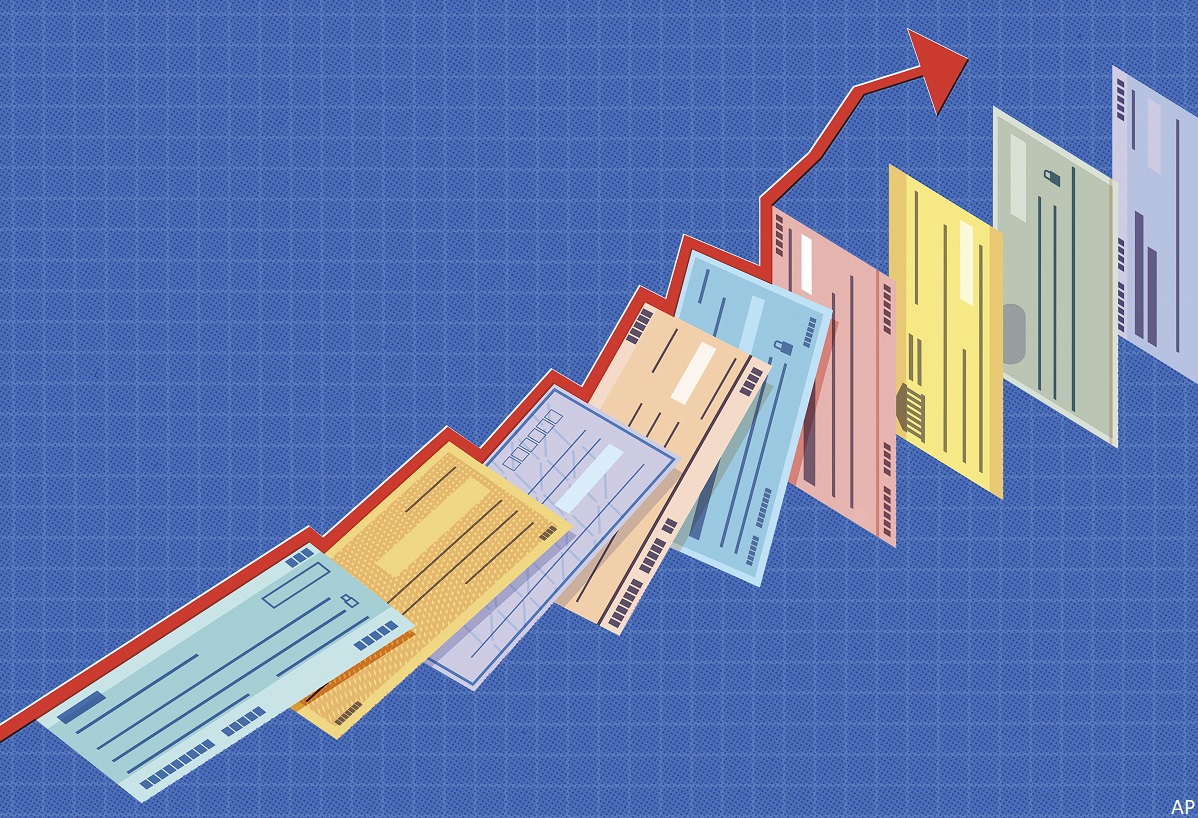
Between increased inflation, sky-high real estate prices and rising interest rates, many Canadians are left wondering whether parenthood is a financially viable option for them. In fact, a quick search through the popular Personal Finance Canada subreddit will turn up questions about the financial sacrifice of becoming a parent, how much it costs to raise a child, and financial tips for saving money as a parent.
It should come as no surprise that many Canadians are apprehensive about parenthood, and in fact, in recent years the number of births has been on the decline. In 2021, the latest year for which data is available, live births per 1,000 of population stood at 9.6, a slight improvement from the 9.5 of the previous year, but well below the rates of the previous three years.
While this could be partially attributed to the global pandemic, the cost of raising a child cannot be ignored. But is raising a child as expensive as people think?
What are the Financial Considerations While Raising a Child?
When it comes to costs, expenses like clothing and toys are relatively nominal. The most significant costs of raising a child are related to other expenditures. Here are three big ones:
- Childcare
- Education
- Activities
Let’s consider each of these in some detail.
Childcare Without the $10-a-Day Childcare Program
In 2021, the Federal Government announced a $10-a-Day Childcare Program, which provinces have begun implementing. Quebec has had subsidized childcare since 1997. As of 2020, Québec parents who send their child to a subsidized childcare establishment pay $8.35 per day.
However, this option is not available to all parents, and if you don’t have subsidized daycare facilities that work for you, those costs can add up quick. Daycare in many provinces can be up to approximately $2,000 monthly for an infant, with price decreasing with age.
We spoke with Jason Heath, a fee-only certified financial planner and managing director at Objective Financial Partners about these costs. “Daycare costs can be so variable. There’s so many things that play into the final number, including whether you have a stay at home parent or help from family, whether you have a part-time home daycare, vs full-time daycare.”
Irrespective, he says that daycare and childcare costs are a significant factor for which people need to budget, as in some cases they could hit $2,000 per month.
Millennials, Education, Student Loans, and Repayment
According to the 2022 Hoyes Michalos Bankruptcy Survey, half of all insolvencies (49%) are filed by Millennials, even though they make up less than 27% of total Canadians aged 18 and over. Millennials were also the only age group to experience a rise in unsecured debt, up 9.1% in 2022. One of the culprits is student loans. The reports notes that more than 1 in 3 (35%) carry student loans and owe, on average, $16,725, representing 30% of their total unsecured debt load.
It might be stressful to think about paying for a child’s post-secondary education even as we’re paying back some of our own loans. While paying for a child’s education isn’t an absolute necessity as a parent, with the rising cost of education, it’s something many parents have prioritized to help their children avoid large debt loads.
Investing early in a Registered Education Savings Plan (RESP) is arguably the best way to do this. The best way to leverage this account is to contribute the $2,500 threshold, for which 20% ($500) is matched annually by the Government of Canada. But it’s not easy. This equates to about $200 per month, or even double or triple that amount depending on the number of children you have.
Don’t Forget About Hockey, Summer Camp, Skiing, and Piano Lessons
Parents want the best for their children. Extracurricular activities end up costing a lot. Even as quickly as childcare costs get removed from the equation, activities replace some of that spending. Sports can cost anywhere from a few hundred dollars to thousands of dollars annually. These are a discretionary expense that can be limited based on budget.
While extracurricular activities can be an excellent way to keep busy while building lifelong skills, there is no steadfast rule that dictates the type and number of activities a child must do to prosper over the long run.
In additional to these key expenditures, Heath also notes that he often sees clients end up surprised by unanticipated costs like tutoring or healthcare costs that may not be covered by a medical plan, for instance for a child with learning disabilities.
“It’s like buying a car or buying a house – you have to expect there will be unexpected expenses that come out of nowhere. So plan for the unexpected.”
The Government Helps with Some Childcare Costs
While it may seem like a bleak outlook, there are some savings to be found to help offset some of the costs, including the Canada Child Benefit (CCB), a tax-free payment administered by the Canada Revenue Agency to help with costs for children under 18 years of age. Payment is based on income, and unless your total benefit amount is under $240 (in which case you would receive a lump sum annual amount), payments are made monthly. Families can apply for the CCB through the Government of Canada website.
Families can also claim up to $8,000 for childcare costs for children under the age of 7 or $5,000 for children between the ages of 7 and 16, reducing their taxable income, and thereby reducing taxes owed.
Parents Can’t Ignore the Financial Costs of Children
When it comes to the true cost of raising a child, cost is certainly a factor and shouldn’t be ignored. Warren MacKenzie, a fee-only financial planner and head of financial planning at Optimize Management, acknowledges that having children can be a significant expense, but does not believe it is a reason not to have them.
“It is clear that if a couple decides to have children, they’ll find a way to cover the cost,” he says. “There is no other expenditure that has the potential to give such joy and give one’s life such meaning and purpose.”
If parenthood is a priority, it is important to plan accordingly based on your income, cost of living, and what you feel your budget will allow for. It may be more achievable than you think.




















